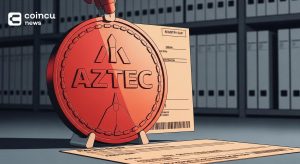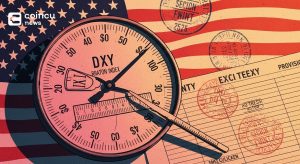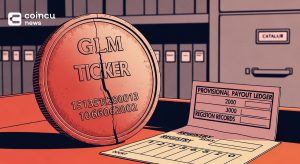Key Points:
- The UK is actively exploring the creation of its central bank digital currency, the UK Digital Pound or Britcoin.
- The UK Treasury and Bank of England are proceeding cautiously, addressing privacy concerns.
The United Kingdom is actively moving towards the creation of its own central bank digital currency (CBDC), known as the UK Digital Pound or Britcoin.

UK Treasury and Bank of England Navigate Privacy Concerns in CBDC Pursuit
According to Reuters, the UK Treasury and the Bank of England are taking a cautious approach, emphasizing the need for additional examination of the potential implementation of a CBDC while addressing concerns about privacy and security.
The design efforts for the UK Digital Pound will focus on assessing feasibility and potential design options. The decision to proceed with development will be made after consultations on legislation and a potential launch. Privacy and control over funds are top priorities in any legislation introduced for a digital pound, acknowledging skepticism from lawmakers and concerns from the public.
UK Ventures into Digital Currency Territory with the “UK Digital Pound” Initiative
The decision on whether to build the UK Digital Pound is expected to be made in 2025–2026 and will require the approval of Parliament. This move is seen as a response to the shift away from cash transactions to card-based and mobile payments, with the aim of maintaining government control over the use of money.
While Prime Minister Rishi Sunak has been an early supporter of the idea, calling for its initiation in 2021, the operationalization of the digital pound, even if approved, is unlikely until near the end of the decade.
Under the proposed plan, Britons would be able to hold electronic pounds, equivalent in value to physical cash, up to a limit of £10,000 to £20,000, with the money not earning interest. The UK asserts that a digital pound would be private but not anonymous, in contrast to physical cash, and aims to strike a balance between innovation in payments and maintaining government oversight.
| DISCLAIMER: The information on this website is provided as general market commentary and does not constitute investment advice. We encourage you to do your own research before investing. |






















